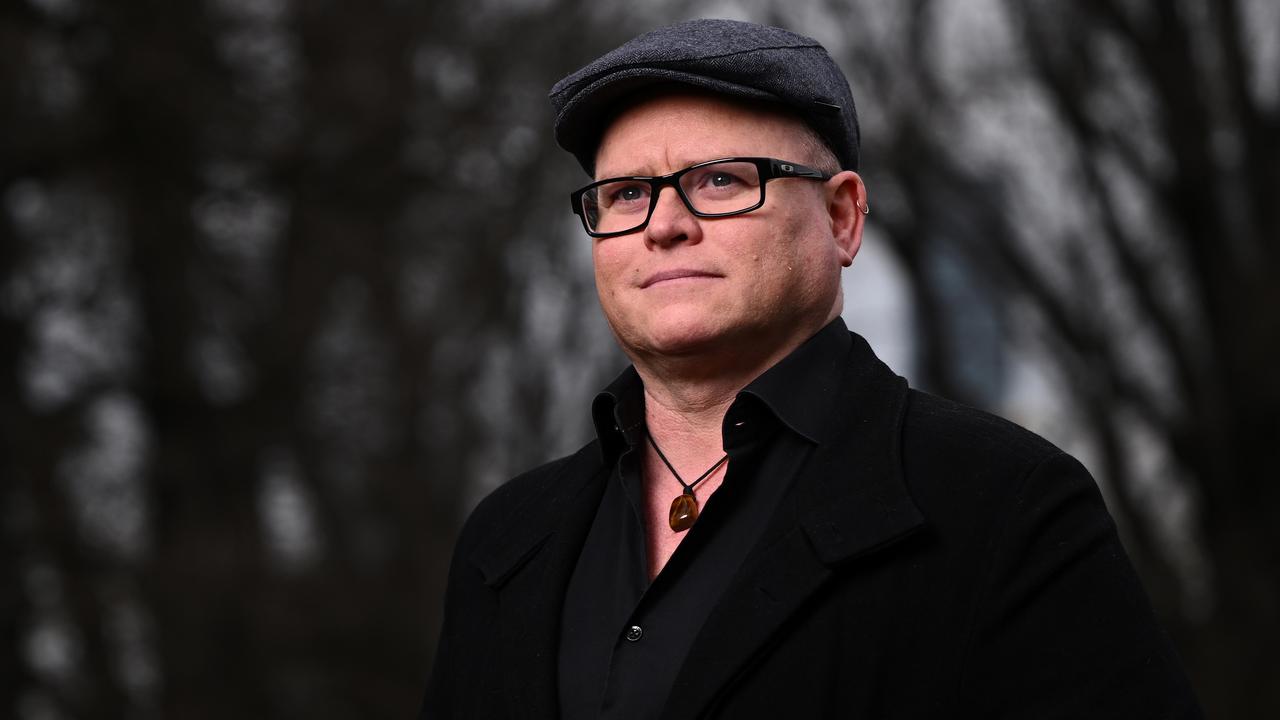
Corporate manager Craig Juerchott felt like he was in flight-or-fight mode for a long time, perhaps two years, until a GP revealed he was suffering from burnout.
After three colleagues departed his team, he'd absorbed their workloads.
The 60-hour weeks he endured coupled with high expectations of his professional performance quickly exacted a toll.
"The thing with burnout is it's very insidious and you don't really know how it's affecting you until it's too late," Mr Juerchott tells AAP.
"I just wasn't really coping ... and I kept asking for help saying, 'look I can't keep doing this'."
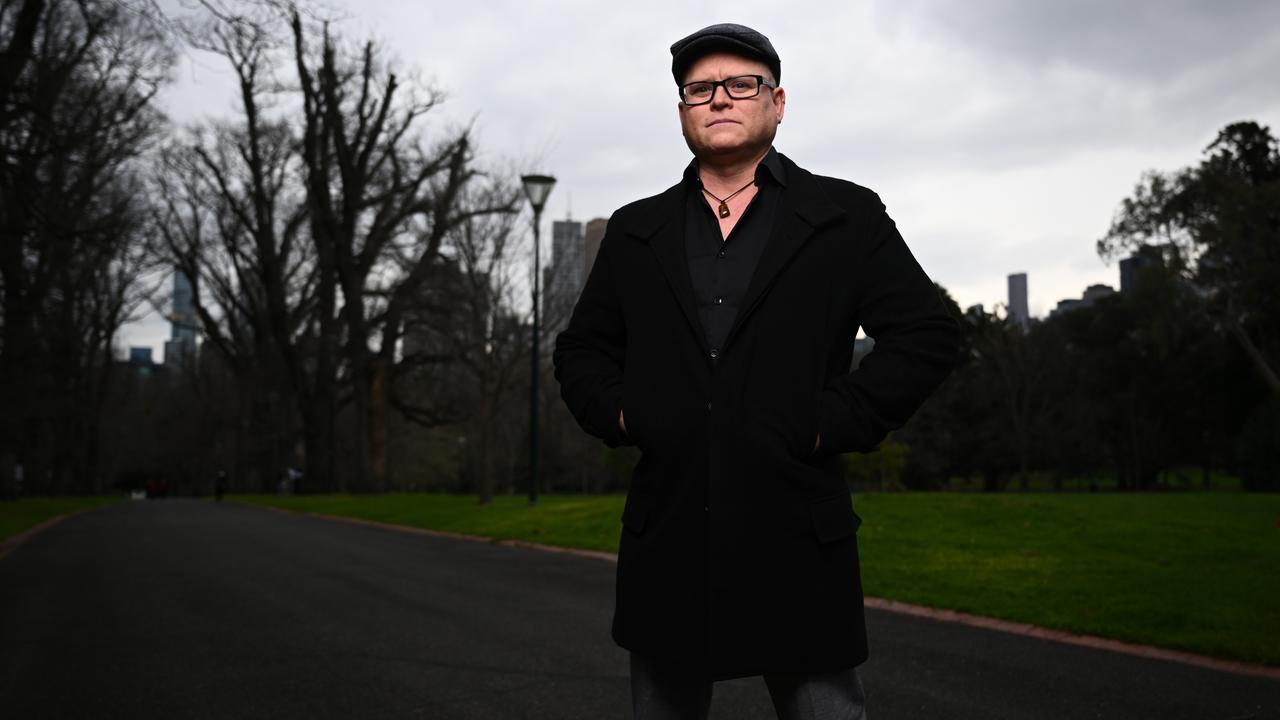
After leaving his job, Mr Juerchott spent several weeks in hospital and more than a decade later, makes sure to keep on top of his mental health by minimising stress.
He believes speaking out about his struggle cost him his career at a high profile firm despite the organisation having mental health training in place.
"Support needs to be built into the system, not just a tick-the-box initiative or employing reactive measures after someone's already in crisis," he says.
He fears workers still pay a price for reaching out and is among 88 per cent of Australians who identify burnout as a deeply important issue for workplaces to address, based on a Beyond Blue survey of 1000 people.
Two thirds of respondents to the poll said burnout wasn't a personal failing and instead pointed to systemic issues like inappropriate workload, a lack of support from managers and inflexible working conditions.
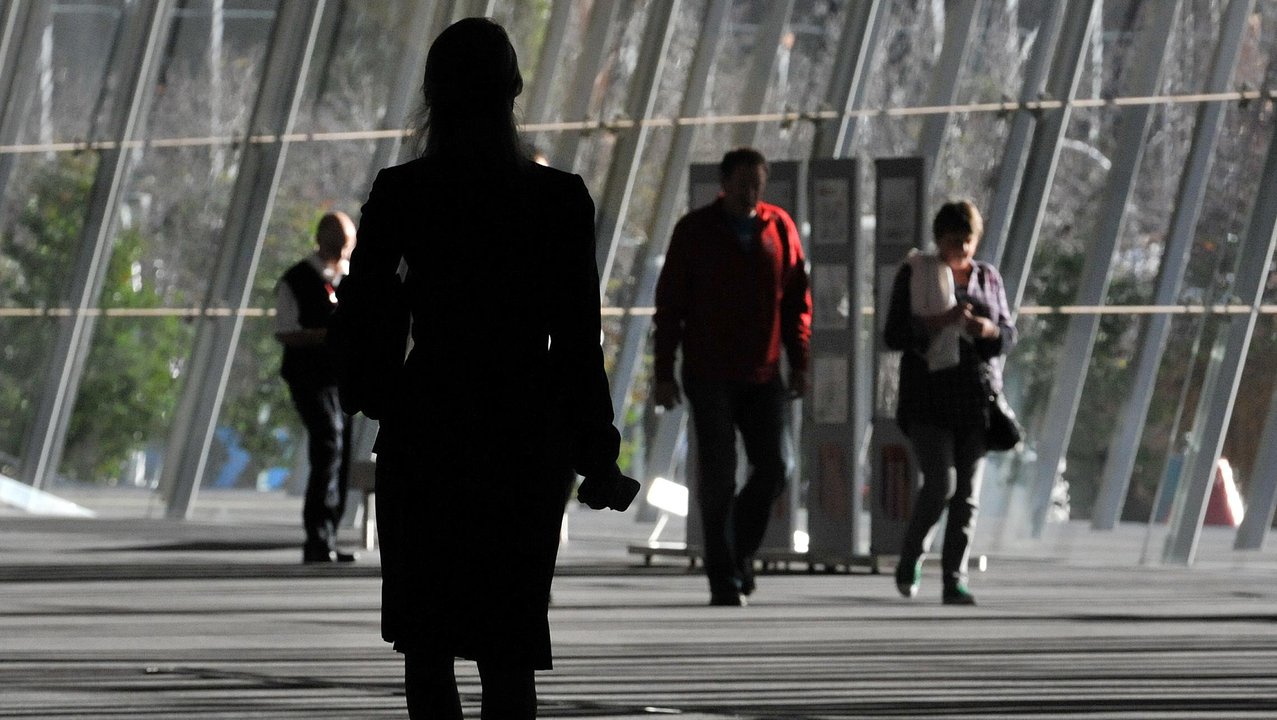
The World Health organisation has described burnout as an "occupation phenomenon" not medical condition which manifests in feelings of exhaustion, negative associations with a person's job and reduced professional efficacy.
There are no definitive government statistics on how many Australians experience burnout but Beyond Blue research points to about half of all workers in a 12-month period.
"What people are starting to say is we don't want just awareness about these issues, we want workplaces to take pragmatic and practical actions," according to the wellbeing support organisation's chief executive Georgie Harman.
She says creating jobs with manageable workloads and clear roles goes a long way.
So too does appointing leaders who feel confident regularly checking in with their teams, listening to feedback from workers and ensuring systems or processes help workers instead of frustrating them.
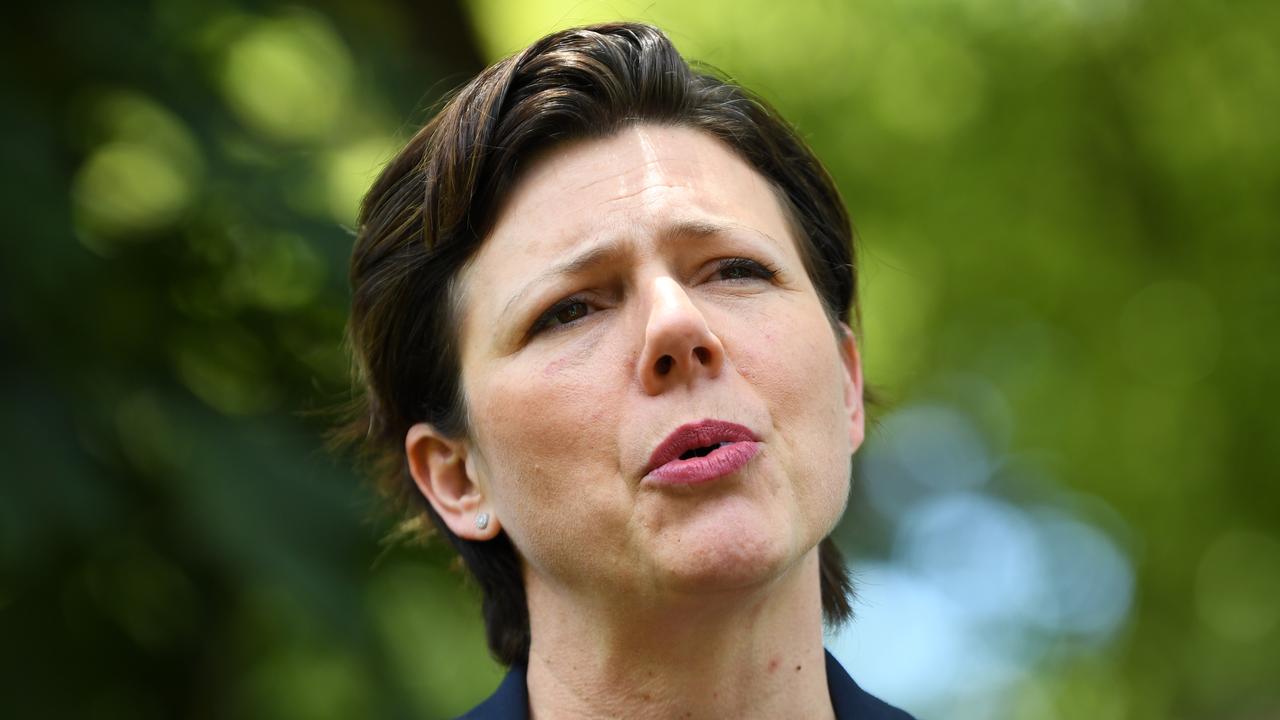
The most important thing, Ms Harman says, is being prepared to respond to anyone who is struggling.
"One in five Australian workers will be working today and living with a mental health condition, she explains.
"Most of them will be highly productive and managing but from time to time we will struggle.
"It's in the workplace's best interest to make sure employees are supported: so do they have a support network, so do they have everything from an (employee assistance program) to form a positive culture?"
The workers who participated in the research also reported feeling disconnected, 44 per cent of them revealing that they feel lonely at work and 18 per cent that they fear none of their colleagues have their back.
Those findings are no surprise to La Trobe University management and organisational behaviour lecturer Bichen Guan.
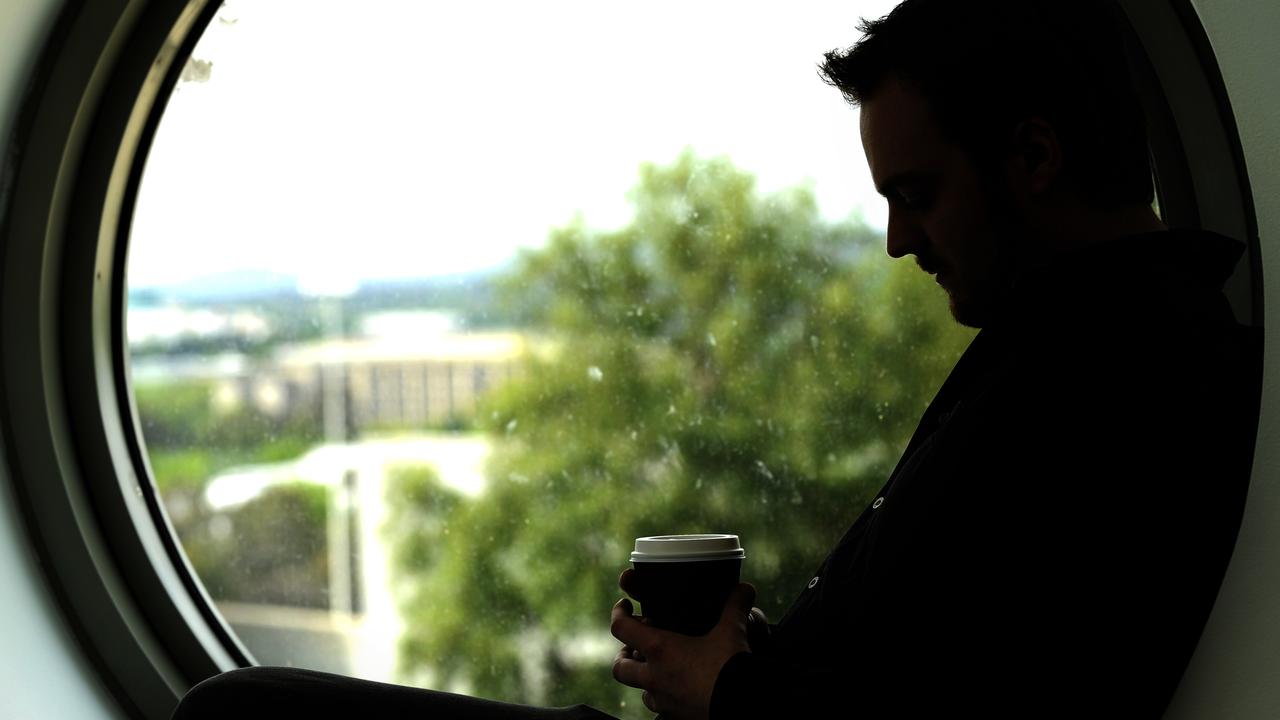
Isolated people are unlikely to belong to a network from within which they can seek help and exhausted people may never have had the energy to create such connections in the first place, she says.
Dr Guan says most employers are conscious of burnout and offer the kind of help found in employee assistance programs but take an "ad hock" approach to individuals dealing with it.
"It's important to provide those kind of the ad hoc supports," she adds.
"But the most important thing for the organisation is to solve the problem or being aware of the potential impact when they design jobs, when they hire the leaders, when they look at how they run the business."
Mr Juerchott urges anyone struggling with burnout to reach out to loved ones, friends, colleagues or doctors and says people may be surprised at how many others experience similar symptoms.
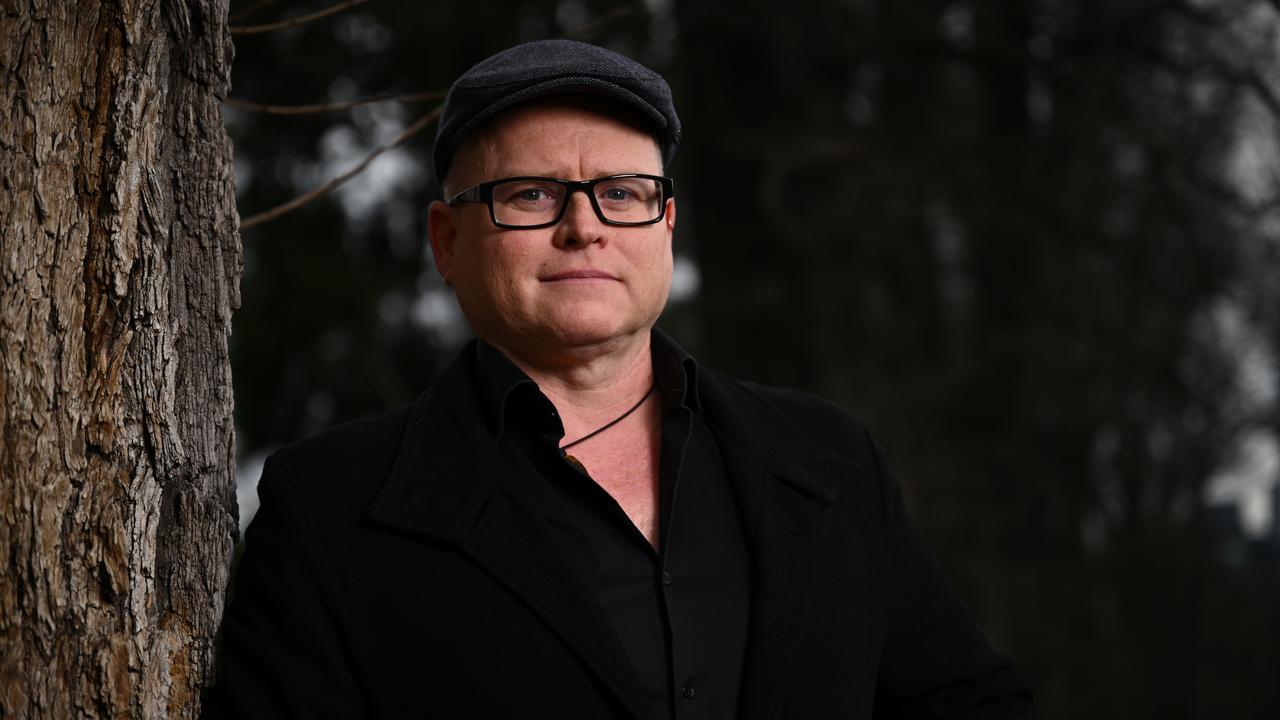
"Don't feel like it's going to be a gigantic mountain to climb because there are other people who are standing back at the base.
"They just don't have that courage or strength or ability to communicate what they're feeling.
"It's stronger to speak out than not and people will be more receptive to it than you think."







